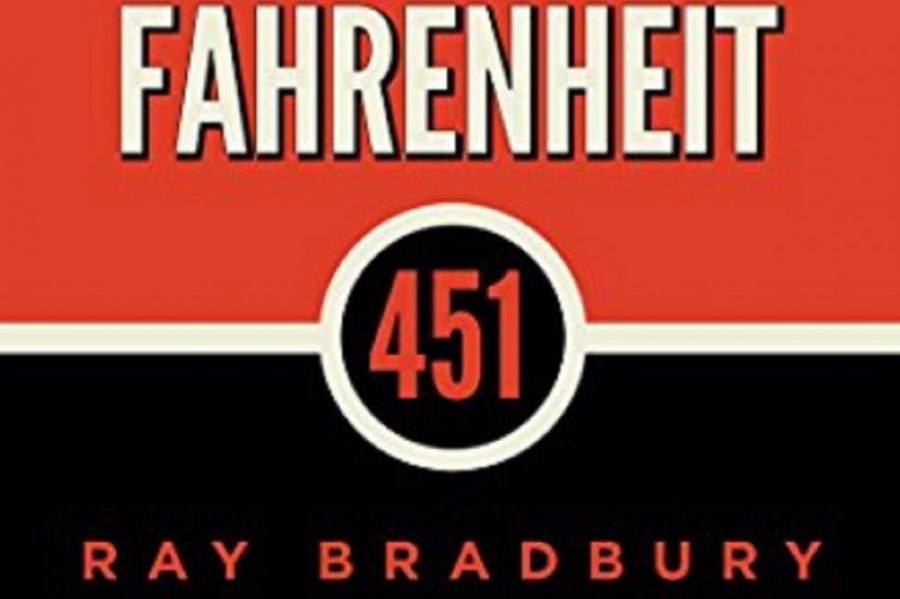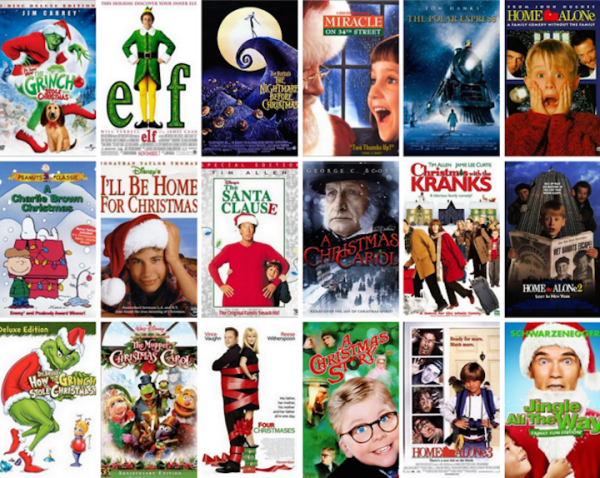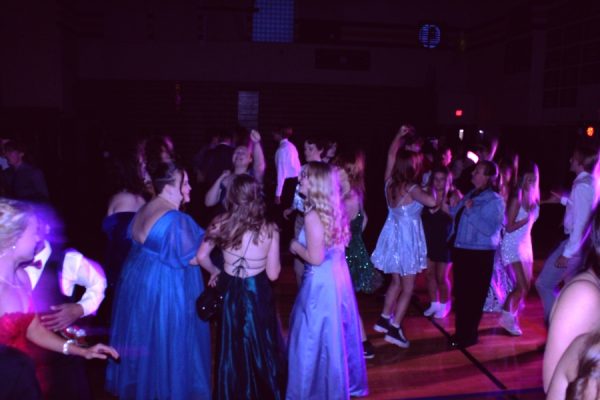‘Fahrenheit 451’ is relevant to today’s society
While written in 1953, “Fahrenheit 451” by Ray Bradbury may be an allegory for the modern era.
The novel follows the fictional Guy Montag, a fireman in a dystopian future.
In the novel, firemen burn books rather than put out fires because books are banned.
The title refers to the temperature at which paper combusts.
Montag meets a teen named Clarisse McClellan, who is uniquely inquisitive compared to the unconcerned society she lives in.
She and her family choose to talk at night rather than partake in the immersive television programs, a difference that interests Montag.
When McClellan is killed, Montag is saddened.
McClellan’s curiosity and the coldness of Montag’s wife, Mildred, peak his interest in nonconformity, and without McClellan he begins to collect books he takes from his job.
He hides them away and continues his job, albeit with reluctance.
Meanwhile, fire captain Beatty continues his intense interest in Montag, coming to his home and sharing the undisclosed history of the firemen.
When Montag meets a former English professor named Faber, the two begin venturing into preserving books.
In the end, Montag is exposed and runs from the authorities.
In the process, he meets a group of homeless intellectuals and they walk off, ending the story.
While the end is a bit anticlimactic, I think the book has a shocking weight to it, especially in modern society.
The people give up their freedoms for security, a concept common in socialism in many parts of the world.
A part of the book that speaks to me is the fact that Mildred’s friends vote on politicians based on looks and mannerisms rather than political philosophies.
While readers may laugh at the thought, voting based off of superficial things is not that far off from modern politics.
Studies have shown that candidates who look more competent tend to win elections.
Overall, I give this classic a nine out of 10 stars. It may be a bit didactic in parts, but I think the moral question of giving freedom for security has significant weight.
We often give up our freedoms to feel safe.
Look at the Patriot Act, for example. In post-9/11 hysteria, Congress passed the bill to strengthen security in the United States.
The act allowed indefinite immigrant detentions, telephone and record searches without a court order, and searches and seizures without consent or knowledge.
While many of the act’s provisions have been declared unconstitutional, the act’s passage shows how people are willing to give up their rights for a safer environment.
“Fahrenheit 451” is a classic story of defiance.

Class: Senior
Hobbies: I participate in quiz bowl, chess, robotics, Future Problem Solving, and many other "nerd sports."
Future Plans: I plan to...











